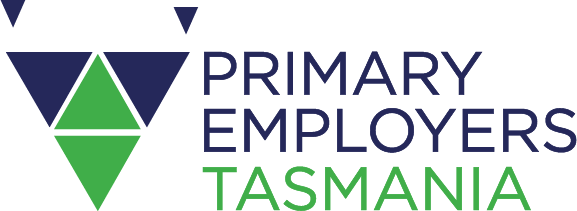Privacy and Surveillance in the Workplace
Privacy in the workplace is a fundamental aspect of maintaining a healthy and respectful work environment. It involves protecting the personal information and rights of employees while balancing the needs of the employer to manage and operate the business effectively. Here are some key aspects to consider regarding privacy in the workplace:
1. Confidentiality: Employers have a responsibility to keep certain information confidential, such as employee personal details, medical records, and financial information. This information should only be accessed by authorised individuals on a need-to-know basis.
2. Monitoring: While employers have the right to monitor workplace activities to ensure productivity and security, it should be done in a transparent and reasonable manner. This might include monitoring internet usage, email communication, and video surveillance. However, employees should be made aware of these monitoring practices and their purposes. In Tasmania it is unlawful to record a private conversation so is not advisable in the workplace.
3. Personal Space: Employees have a reasonable expectation of privacy in certain areas of the workplace, such as restrooms, locker rooms, and personal workspaces. Employers should respect these boundaries and avoid unnecessary intrusion into personal space.
4. Electronic Communications: Policies should be in place regarding the appropriate use of company-provided electronic devices and communication channels. Employees should be aware that their electronic communications may be monitored for compliance with company policies and legal requirements.
5. Data Protection: With the increasing digitisation of workplace activities, employers must take measures to protect sensitive data from unauthorised access, breaches, and cyber threats. This includes implementing strong security protocols, encryption, and regular data backups.
6. Employee Rights: Employees have certain rights regarding their privacy in the workplace, including the right to be free from discrimination, harassment, and unwarranted surveillance. Employers should provide clear policies and procedures for addressing privacy concerns and resolving disputes.
7. Consent and Notification: Employers should obtain informed consent from employees before collecting or using their personal information for non-work-related purposes. Additionally, employees should be notified of any changes to privacy policies or practices that may affect them.
8. Compliance with Laws and Regulations: Employers must comply with relevant laws and regulations concerning privacy in the workplace.
Overall, maintaining a balance between the needs of the employer and the rights of employees is essential for fostering trust, respect, and a positive work environment. Clear communication, fair policies, and proactive measures can help achieve this balance while promoting privacy and confidentiality in the workplace.
